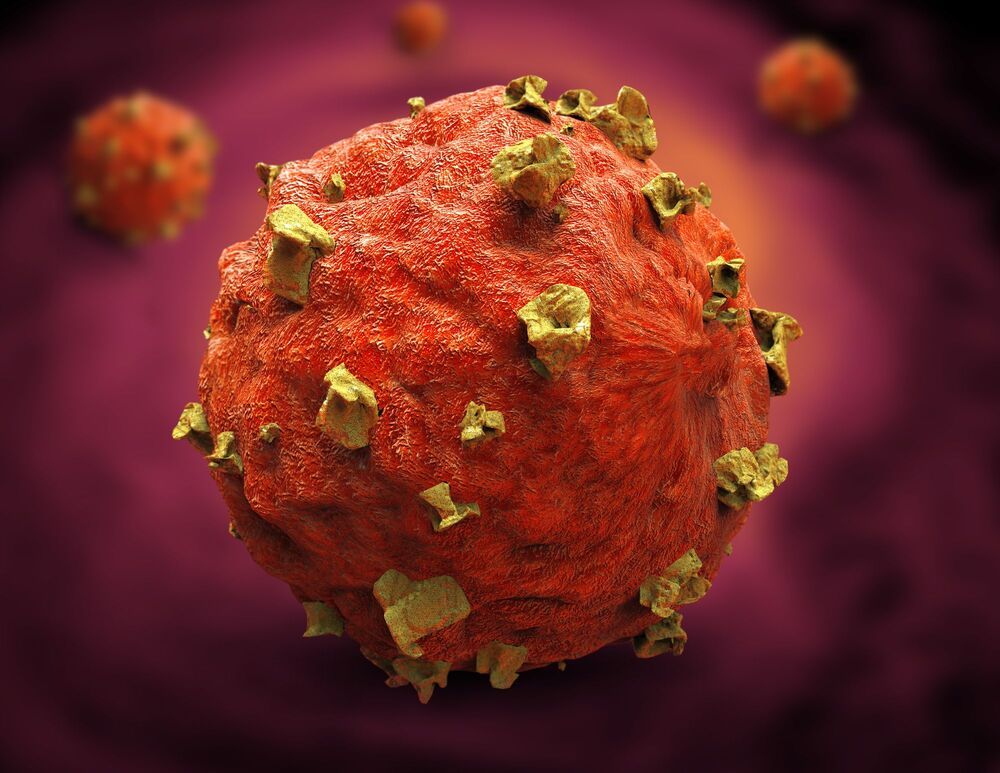This in turn led the team to an FDA-approved drug called Sirturo, which is used to treat tuberculosis and works by targeting this process in bacteria. In vivo animal experiments showed that the drug could target the fuel supply of these ultra-fit cancer cells and selectively create a “power failure” in them, while leaving healthy cells unharmed. This blocked 85 percent of metastasis in the animal experiments.
Leveraging a newfound ability to identify the “fittest” metastatic cancer cells, scientists at the UK’s University of Salford have discovered that an already approved drug can be deployed to cut off their fuel supply, while leaving normal healthy cells unharmed.
Metastatic cancer cells are dangerous, fast-moving cells cancer cells that have spread away from the primary site to other parts of the body where they can give rise to new tumors. These cells have often already survived chemotherapy and radiation treatments which makes tackling them difficult, though scientists continue to learn more about their behavior and how they might be targeted for better outcomes.
Research has shown that part of the reason these cells are able to resist treatments and spread throughout the body is because they are the fittest cancer cells, and therefore require relatively large amounts of energy. Building on this, the University of Salford scientists used an advanced biosensor to measure energy-carrying molecules in cells called ATP which, for the first time, enabled them to identify which of these cells are the “fittest.”
